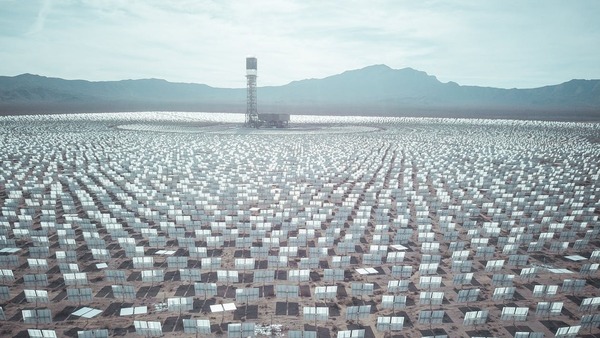Egypt is advancing its renewable energy efforts as part of a long-term plan to diversify its energy mix and reduce reliance on fossil fuels. According to Petroleum and Mineral Resources Minister Karim Badawi, the country is focusing on increasing renewable energy production to meet future electricity demands and preserve its natural gas resources for other uses.
As of the end of 2023, renewable energy contributed just over 20 percent of Egypt’s total electricity generation. The government aims to increase this share to 42 percent by 2030 and to 60 percent by 2040, supported by ongoing and upcoming projects in solar and wind energy.
One of Egypt’s flagship renewable energy initiatives is the Benban Solar Park, located in Aswan. This massive solar facility, with a total installed capacity of 1.65 gigawatts (GW), is among the largest solar parks in the world. It consists of over 30 solar power plants and supplies clean electricity to the national grid. Benban is part of Egypt’s efforts to utilize its high solar energy potential, given the country’s favorable geographic location and sunny climate.
In the field of wind energy, Egypt has launched projects such as the Gulf of Suez Wind Farm, which has an installed capacity of 545 megawatts (MW). This wind farm is expected to provide electricity to hundreds of thousands of homes and reduce carbon emissions. Additional wind projects are being planned in collaboration with international energy companies, particularly in the Gulf of Suez and Red Sea regions, which have strong wind resources.
Egypt is also working with international partners to expand its renewable energy capacity further. For example, the Norwegian renewable energy company Scatec signed an agreement to build a 5 GW green hydrogen project in Egypt. The green hydrogen facility will rely on renewable electricity from solar and wind farms to produce hydrogen.


